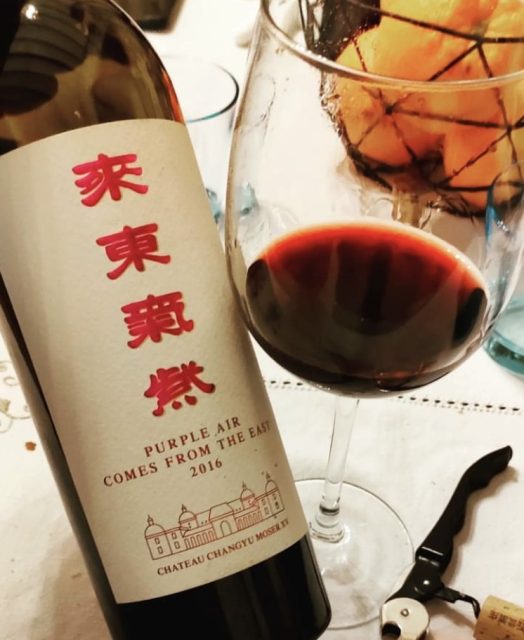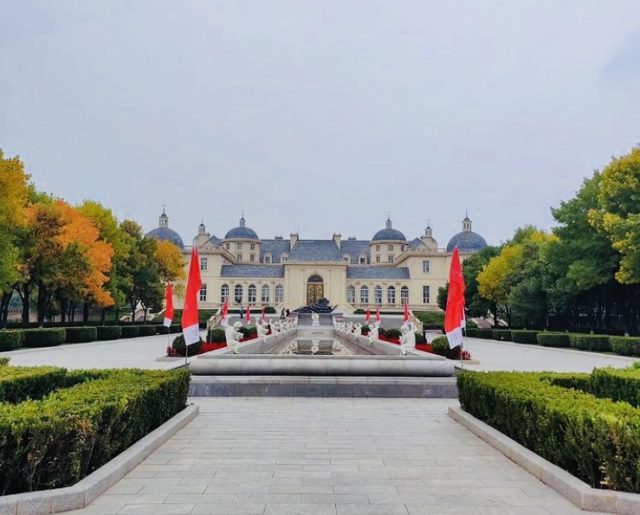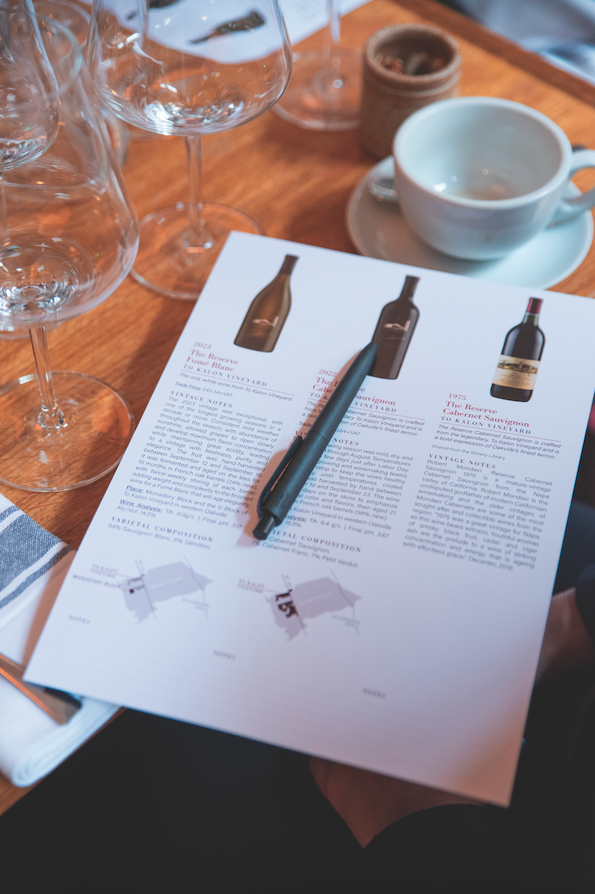Does the Asia market spell trouble for Moët?
Moët & Chandon faces competition from Chinese rival Changyu, which has seen a growth spurt while Moët’s sales have dipped, db discovers.

Although Moët & Chandon and Changyu are not direct competitors within the same category (sparkling wine), they are both fighting for share within the Asian fine wine market, and while Moët has historically held a bigger slice of the pie in value terms, things might be changing.
The trajectory of Changyu Pioneer Wine Company is rocketing, with the company’s value increasing by a third in just 12 months (2022-2023). The Chinese drinks firm is now valued at £946 million, just shy of the LVMH-owned Moët & Chandon, which is worth £1 billion following a 10% slide in sales this year.
Moët & Chandon’s falling sales saw its Dom Perignon brand plummet from 6th position to 48th in this year’s Power 100 Fine List, just released by global marketplace Liv-ex.
Meanwhile, Changyu has been quietly amassing vineyard space and now owns 20,000ha of land in China compared with Moët & Chandon’s 1,190ha in Champagne.
Founded by Zhang Bishi in 1892, Changyu is thought to be China’s oldest wine producer, with Bishi having imported more than 500,000 vines from Europe and the US to begin the business. It is also China’s largest wine company, and growing.
The Chinese producer’s bread and butter is its Changyu Moser XV red, developed with Austrian winemaker Lenz Moser, which one critic described as “a tannic beast of a wine that hits you round the chops”. The Cabernet/Merlot blend is made from vines grown in Ningxia (Yinchuan province) and sits alongside a white and a Gran Vin in the range. Changyu also produces a Golden Ice Wine.
Partner Content
Furthermore, Changyu Pioneer Wine Company also owns Roullet-Fransac Cognac and Chateau Mirefleurs, both in France, and the Spain-based Marques Del Altrio, all of which are helping to bump up its bottom line.
Though relatively unknown in the West, Changyu Moser XV has a select presence in the UK via Berry Bros, Selfridges and Ocado, where it retails for around £20. The ‘Gran Vin’ within the Moser range goes for as much as £75 per bottle.
Despite its Chinese credentials Changyu models itself on a French blueprint, and according to Berry Bros has embarked on an “extraordinary programme of building European-style châteaux” in China, based architecturally on examples from Bordeaux.

The Chinese producer has already booked a stand at ProWein 2024, which takes place between 10-12 March, where it will no doubt continue to grow relationships with European wine traders.
Moët, however, is rallying with some impressive releases, including its recent prestige cuvée Collection Impériale Création No. 1. In addition to the base wine from 2013, the cuvée contains five older vintages: “the very complete 2012; the powerful 2010; the fine tenson of 2008; the richness and power of the full-bodied 2006, plus the vinous and lively 2000.”
In October, the drinks business reported why Moët’s chef de cave Benoït Gouez uses the term “haute oenologie” to describe Collection Impériale.
Related news
Strong peak trading to boost Naked Wines' year profitability




